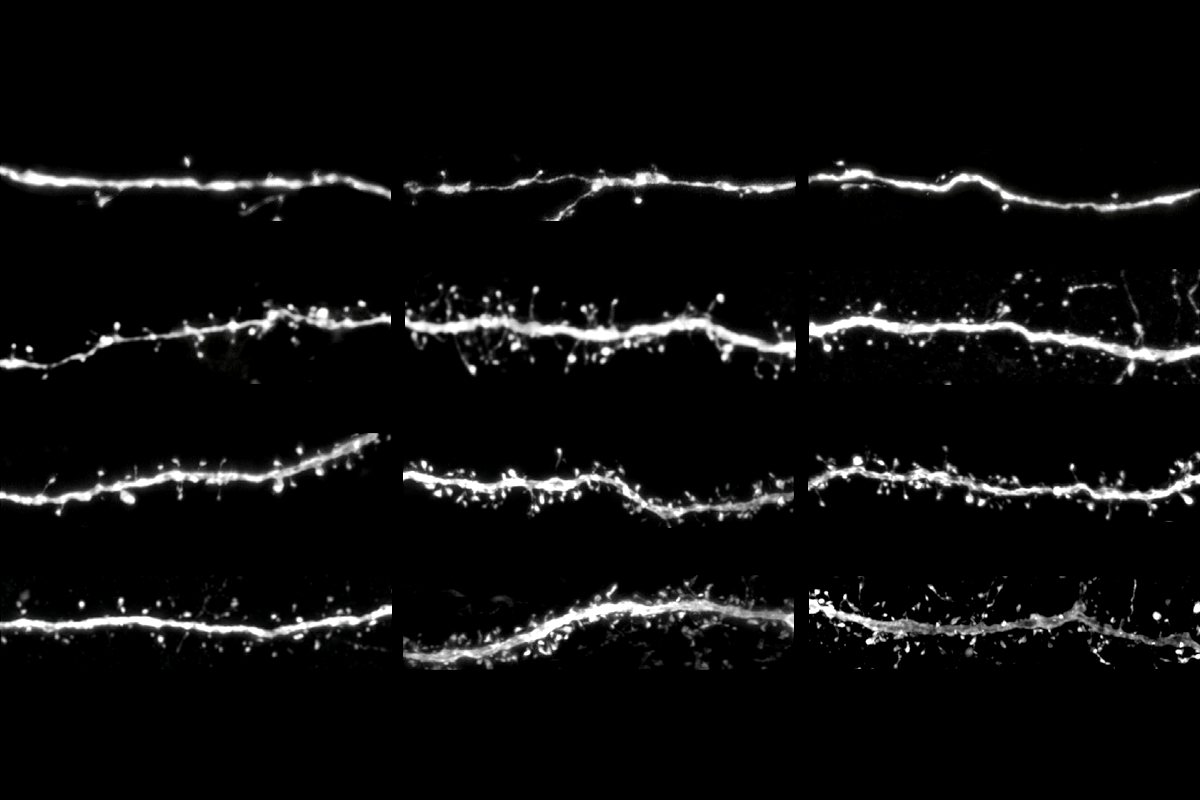Unlocking Human Brain Development: The Role of SRGAP2
Scientists have discovered a fascinating tug-of-war between two key proteins that shapes the unique development of the human brain. Human-specific duplicates of the SRGAP2 gene play a crucial role in prolonging the development of the brain’s cortex. This process sets our brains apart from those of other species and may underlie advanced cognitive abilities.

SRGAP2 and SYNGAP: A Delicate Balance
SRGAP2 manipulates the activity of SYNGAP, a protein linked to autism, to slow down synaptic growth and maturation. This controlled delay allows for extended periods of neural plasticity, giving human brains more time to fine-tune connections and adapt during early development. The study suggests that this unique interplay between SRGAP2 and SYNGAP may be a key reason why humans develop complex cognitive functions and social behaviors that set us apart from other primates.
Implications for Autism Research
Understanding how these proteins interact could open new doors for autism research. Since SYNGAP has strong links to autism spectrum disorder, insights into its regulation by SRGAP2 may eventually lead to better therapeutic approaches.
















